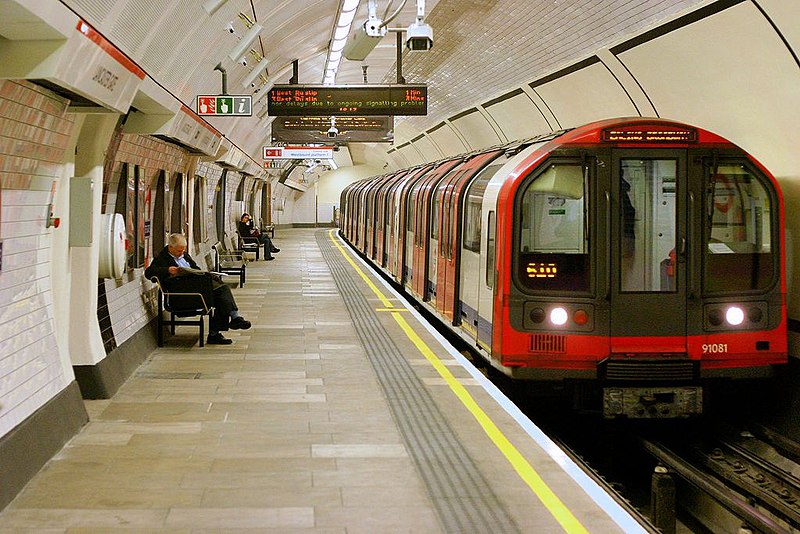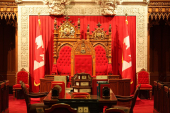
On May 26, 2025, London’s iconic Underground network experienced significant disruptions, affecting multiple lines and frustrating commuters across the capital. Reports from sources like
The London Minute and posts on X highlighted delays and service interruptions, with no specific cause detailed but likely linked to ongoing maintenance or technical issues. Concurrently, a growing wave of public discontent has emerged over passenger behavior on the Tube, with some Londoners calling for £1,000 fines to address what they describe as “infuriating” acts of poor etiquette.
The disruptions impacted several key lines, causing delays during peak travel hours and prompting real-time updates from transport authorities. Commuters expressed their frustration on social media, with posts reflecting the chaos of navigating a crowded and delayed network. The London Underground, a lifeline for millions, has faced recurring challenges in maintaining seamless service, particularly as the system undergoes upgrades and repairs. The recent 10-week closure of the Blackheath tunnel, reported on May 17, serves as a reminder of the network’s ongoing infrastructure demands, though it was not directly linked to today’s issues.
Amid these operational challenges, a separate but equally heated discussion has taken center stage: the behavior of passengers on the Tube. A post by @ELondonGuardian on X highlighted public outrage over common annoyances, such as passengers blocking doorways, playing loud music, or eating pungent food in confined carriages. Some Londoners have proposed hefty fines—up to £1,000—for such behaviors, arguing that they disrupt the commuting experience and exacerbate tensions in an already strained system. While no official policy for such fines exists, the suggestion has sparked debate about how to enforce better etiquette on public transport.
Transport for London (TfL) has long encouraged passengers to follow basic courtesy guidelines, such as giving up seats for those in need and keeping noise to a minimum. However, the intensity of recent complaints suggests a growing intolerance for breaches of these unwritten rules. Commuters have shared stories of being unable to board packed trains due to passengers refusing to move down the carriage or of enduring disruptive behaviors during their daily journeys. These frustrations are compounded by the disruptions, which leave passengers with less patience for minor infractions.
TfL has not commented directly on the proposed fines but continues to promote campaigns like “Mind the Gap” and “Move Down the Carriage” to improve the commuting experience. Meanwhile, community voices on X have called for a cultural shift, urging Londoners to take collective responsibility for maintaining a respectful environment on the Tube. The disruptions and etiquette debate highlight the broader challenges of managing a transport system that serves millions daily while balancing infrastructure upgrades and passenger expectations.
As London navigates these issues, the focus remains on restoring reliable service and fostering a more considerate commuting culture. For now, commuters are advised to check TfL’s live updates for the latest on service disruptions and to exercise patience—both with the system and with each other. Photo by tompagenet, Wikimedia commons.




































